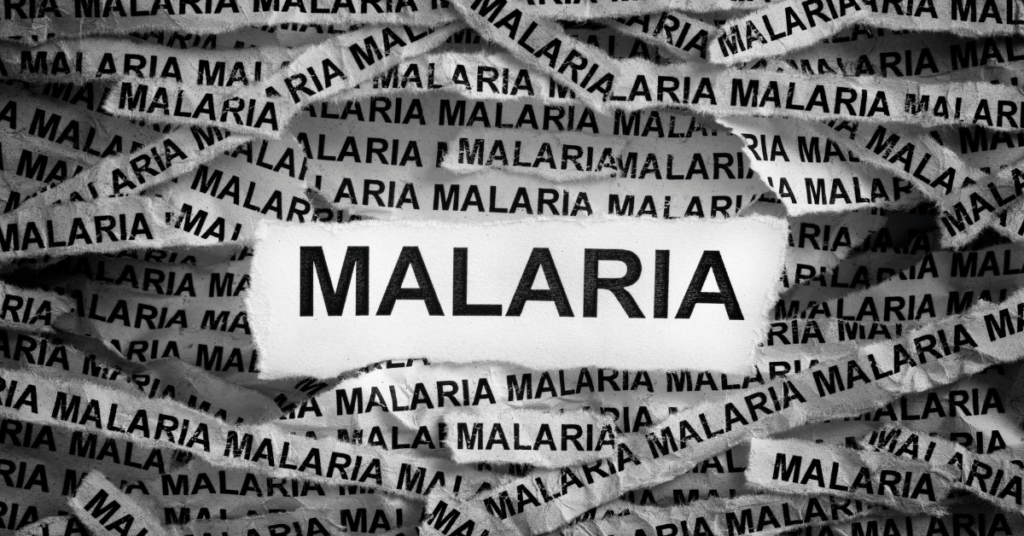In a groundbreaking initiative that could transform the fight against malaria in Africa, Mali has become the 20th African nation to introduce malaria vaccination into its routine immunization program. The launch, announced on World Malaria Day, represents a historic moment in public health as Mali implements an innovative hybrid vaccine delivery approach targeting young children between 5 and 36 months of age.
Mali’s strategy sets itself apart through its unique hybrid delivery method. According to the WHO African Regional Office, the program will provide the first three doses monthly throughout the year based on age, followed by fourth and fifth doses administered seasonally before the high malaria transmission season begins. This timing maximizes protection when children need it most.
The scale of Mali’s malaria challenge is stark:
- Over 8.15 million malaria cases (3.1% of global cases) in 2023
- 14,328 deaths (2.4% of global fatalities)
- One of 11 countries with the highest malaria burden worldwide
The initial rollout includes:
- Coverage across 19 priority districts in five regions
- 927,800 vaccine doses ready for distribution
- Focus on regions: Kayes, Koulikoro, Mopti, Ségou, and Sikasso
The program represents a collaborative effort between Mali’s Ministry of Health and key international partners:
- Gavi, the Vaccine Alliance – providing funding and coordination
- UNICEF – managing vaccine distribution and community engagement
- WHO – offering technical support and guidance
This initiative is part of a broader African success story in malaria vaccination. Since 2023, over 24 million malaria vaccine doses have been delivered across the continent. The 20 African countries currently implementing vaccination programs represent over 70% of the global malaria burden, suggesting significant potential for impact.
Mali’s innovative approach to malaria vaccination marks a crucial step forward in the fight against one of Africa’s deadliest diseases. By combining routine and seasonal vaccination strategies, the country is maximizing the potential impact of this life-saving intervention. This pioneer program could serve as a model for other nations facing similar challenges in their battle against malaria.
The success of this initiative could help save thousands of young lives and contribute significantly to the global effort to reduce malaria’s devastating impact on African communities.

